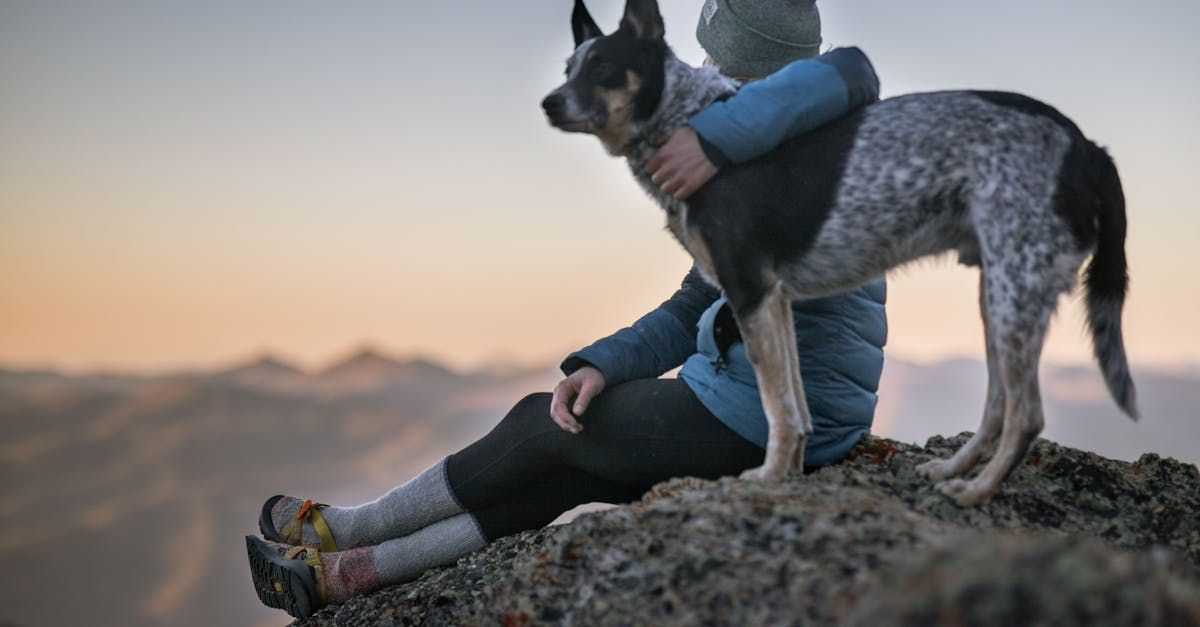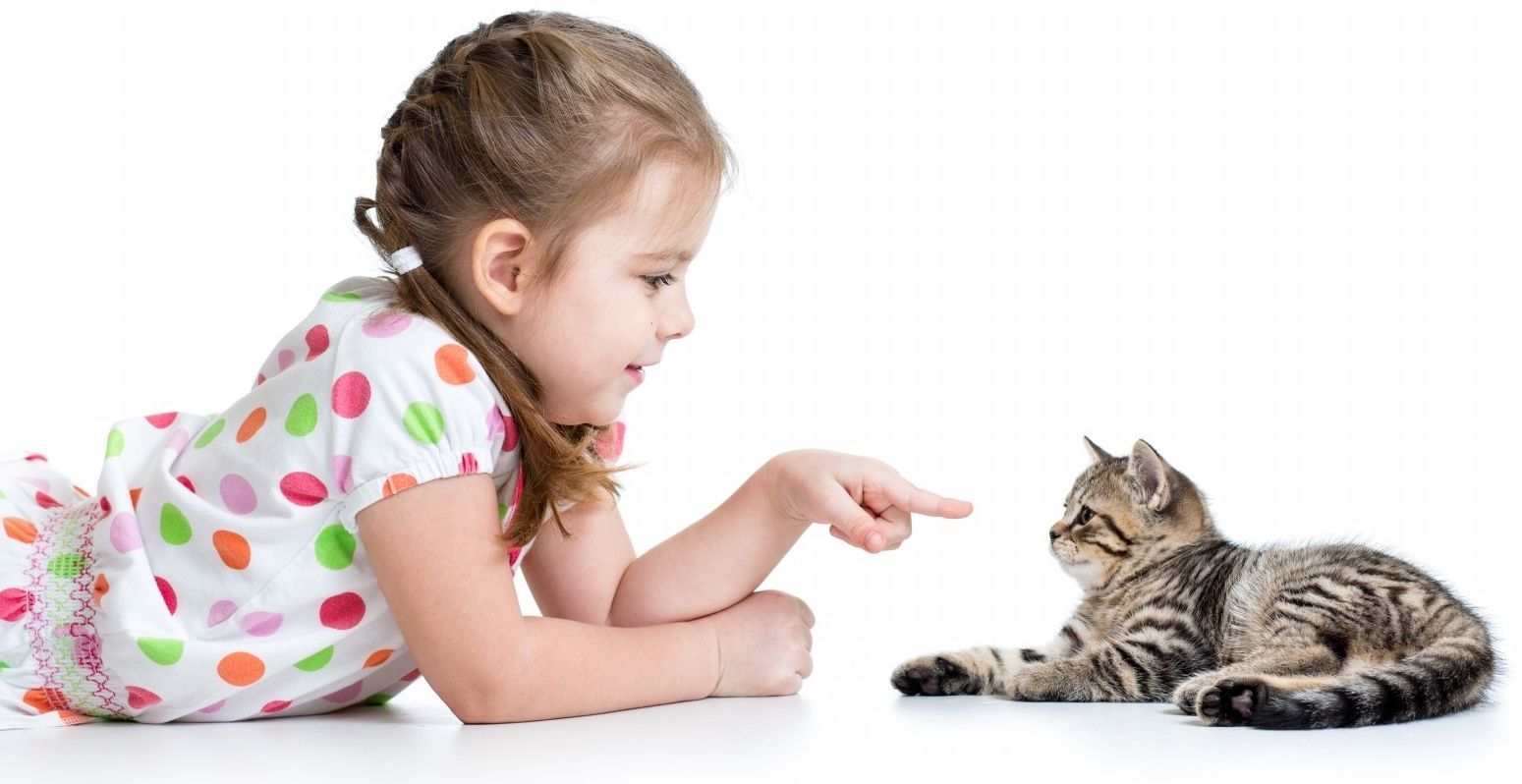Pets grieve too
Because pets can't speak their grief often manifests in behavioural changes

If you’ve recently lost a member of your family – human or animal – then your pet may be grieving.
Pets are often very attuned to their humans and companion pets, so when a death occurs, they are likely to feel it, too. Because pets can’t speak, their grief often manifests in behavioural changes.
There’s solid research out there to support the fact that pets – especially dogs and cats – do grieve the loss of an owner or a fellow pet.
In 2016, a New Zealand study found, it was found that dogs and cats exhibited behavioural changes associated with a death in the home. They were more likely to seek more affection, act clingy or needy, whimper or whine, and eat less, among other changes.
The most common changes are:
Changes in appetite (eating less)
Acting withdrawn or sad
Whining, howling, yowling, or crying
Changes in personality (your standoffish cat becomes a cuddler)
Pacing or searching the house for the missing family member
Hiding from or avoiding other family members
Changes in grooming or bathroom habits (especially in cats)
Showing signs of separation anxiety
Changes in sleeping patterns (sleeping more or less than usual)
If you just aren’t sure if these changes are related to grief, make an appointment with your veterinarian. They can help rule out physical causes for the changes in your pet.
However, if your pet is grieving, there are some things you can do to help them:
Give them extra love, snuggles and attention. It will help you both mourn.
Reinforce good behaviour and ignore bad behaviour
If your pet is acting out because of grief (howling, having bathroom troubles, etc.), try not to punish them for it. Instead, be patient with them;
Give it time.
Everyone, including pets, need time to figure out what the household looks like now that a member is gone. With multiple pets, the remaining pets will need to figure out their new social structure, and that takes time.
Maintain daily routines
Go for walks, have playtime, and give treats and regular meals.
Provide entertainment while you’re gone. If your pet is showing signs of separation anxiety, Hide treats around the house, put in a scratching post, lay out favourite toys, or buy a new toy.
Not all pets will exhibit feelings of grief, and that’s completely normal. 40% of pets do not show signs of grief. But if your pet is grieving and their behavioural changes don’t improve or get worse, reach out to your veterinarian for professional help













